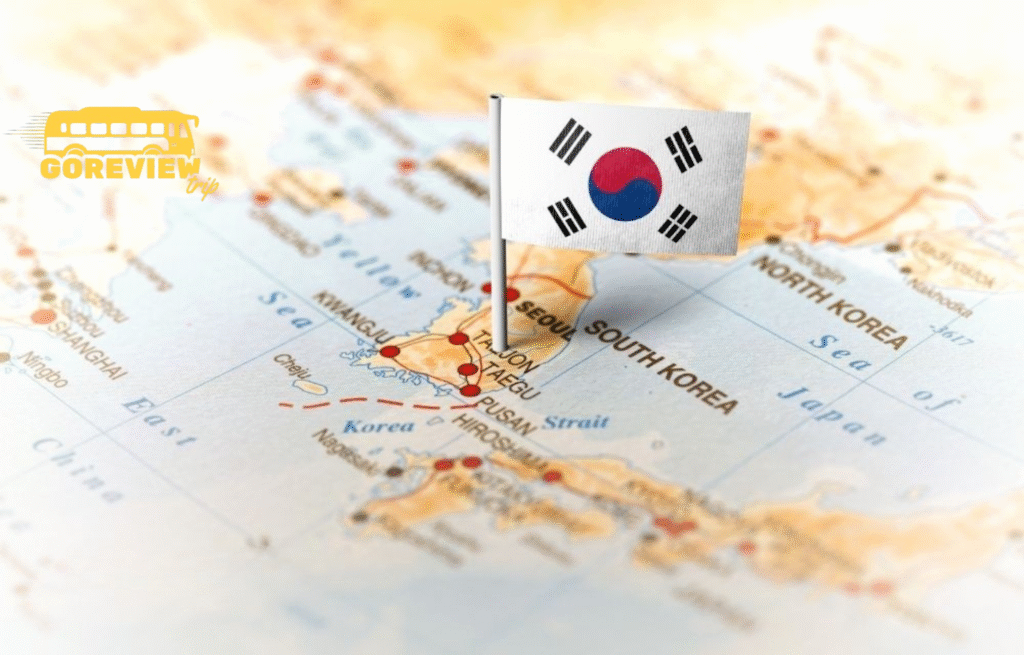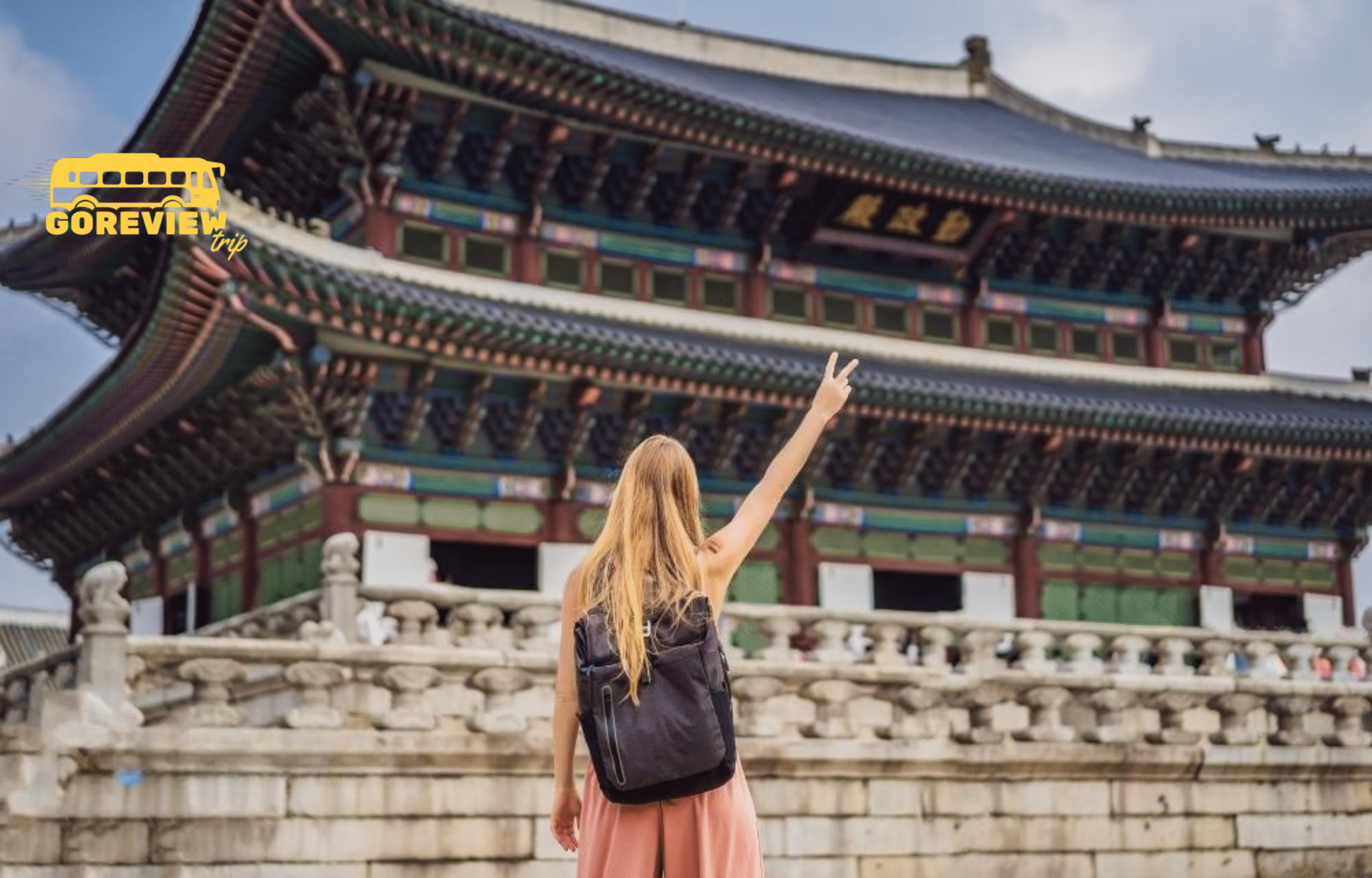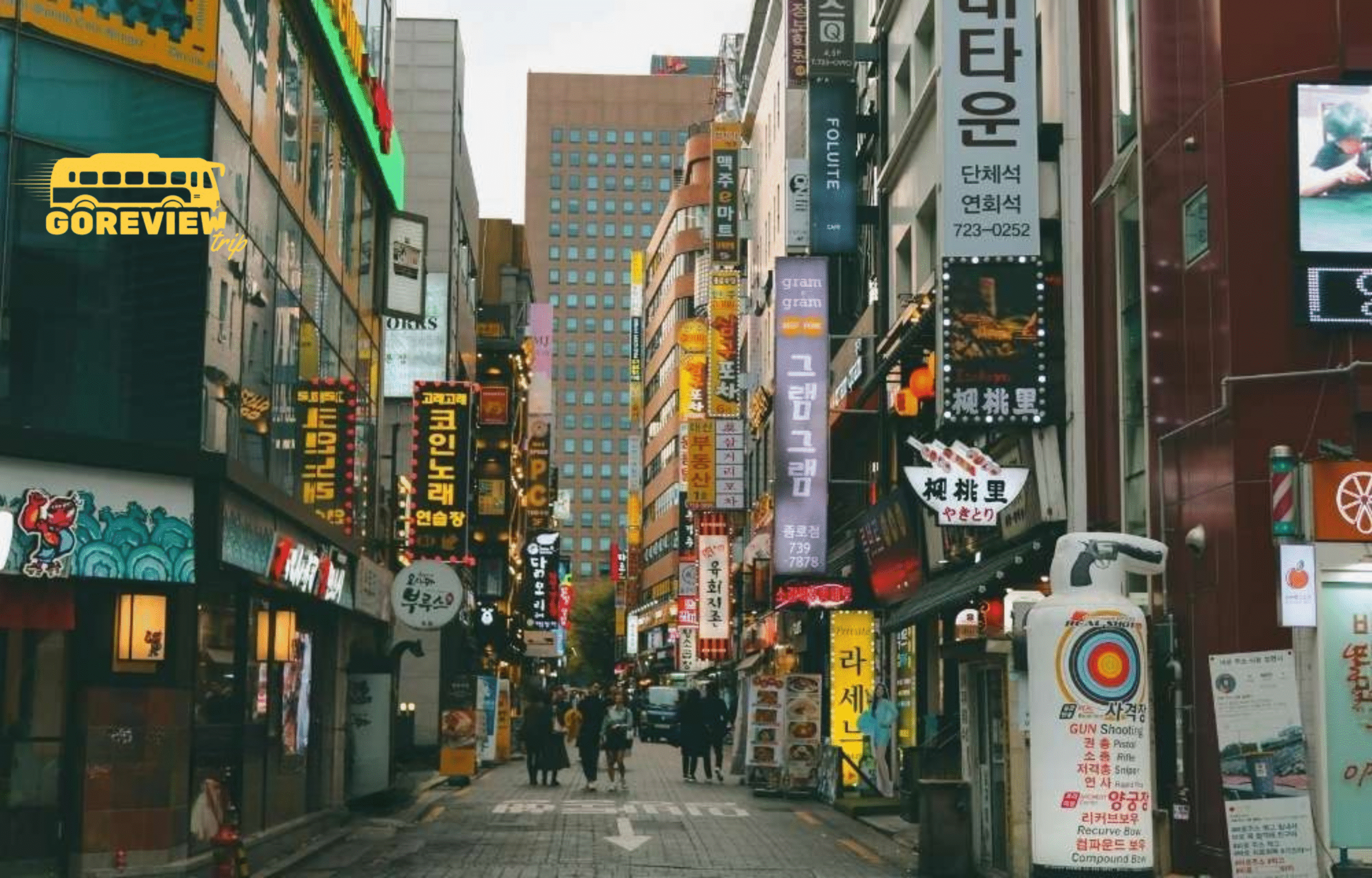19Today, I want to talk about a question that feels like it’s whispered more than asked. It’s a question that balances on the knife-edge of curiosity and caution, one that conjures images of immense monuments, perfectly synchronized parades, and a profound, unsettling mystery. It’s a question that a friend of mine, a thoughtful engineer from Berlin named Jonas, found himself wrestling with for months: Can Germans travel to North Korea?
This isn’t your typical travel query. It’s not about finding the best beaches or the cheapest flights. It’s a journey into one of the world’s most isolated and misunderstood places. The answer is far more complex than a simple “yes” or “no.” It’s a “yes, but…” layered with so many conditions, ethical dilemmas, and official warnings that the “but” becomes the most important part of the sentence.
Jonas’s fascination wasn’t born from a desire for a thrill or a contrarian travel stamp in his passport. It was rooted in a uniquely German perspective. Growing up with stories of a divided Germany, of the Wall, of two states that shared a language and a history but were separated by an impenetrable ideological curtain, he felt a strange resonance with the Korean peninsula. He wanted to see with his own eyes what such a division looks like in the 21st century.
This blog post is his journey, and ours. We’re going to walk through the entire process, from that first spark of a seemingly impossible idea to the stark reality of standing on the ground in Pyongyang. We’ll cover the practical steps, the official government advice, the unnerving rules, and the heavy ethical questions that hang over every moment of such a trip. So, if you’ve ever found yourself quietly wondering about the world’s most secretive state, let’s explore the answer together.
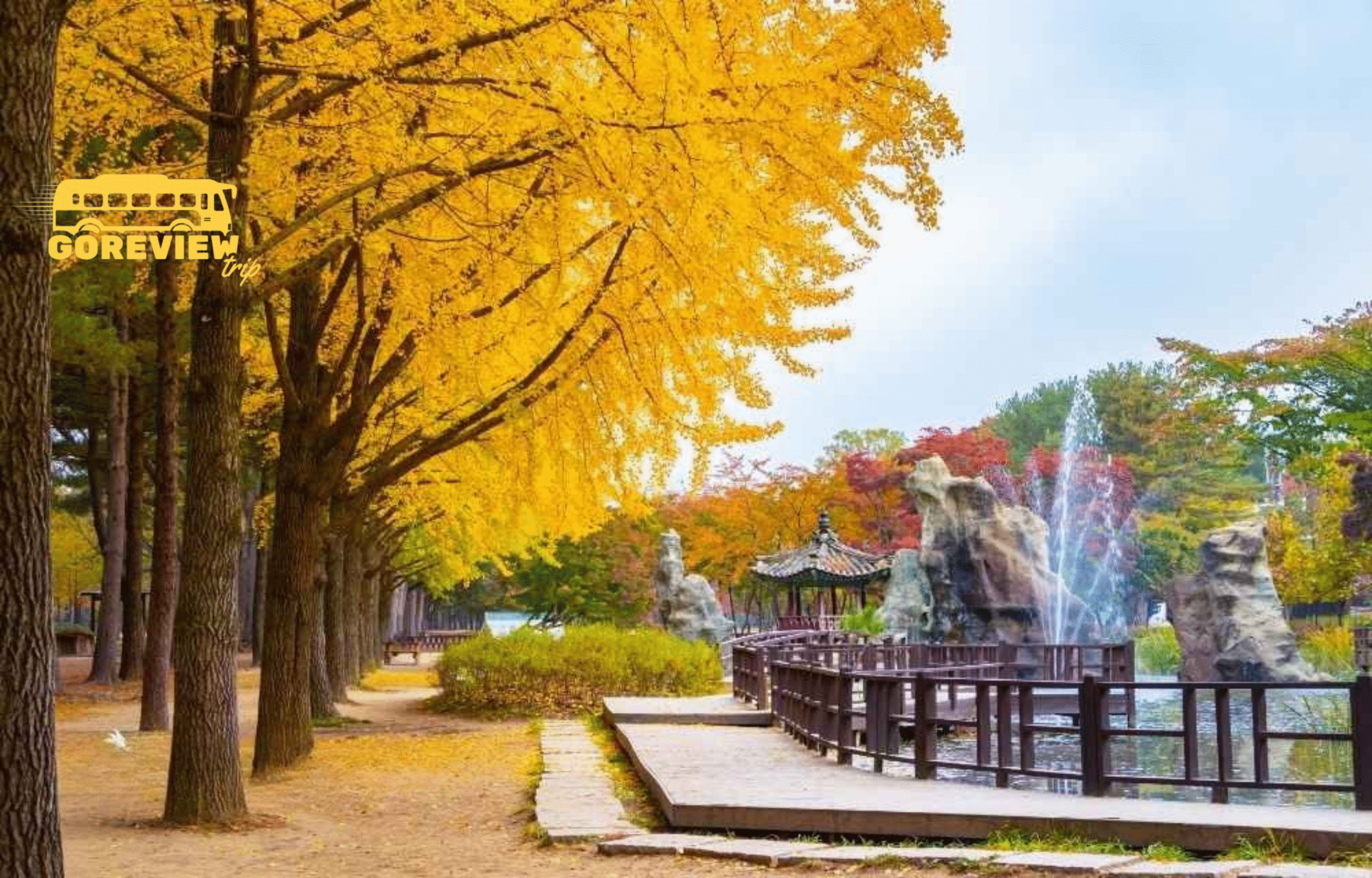
Table of Contents
The First Step: Is a Trip to North Korea Even Possible?
When Jonas first typed “Reise nach Nordkorea” into his search bar, he expected to hit a digital wall. He imagined stern warnings, blocked websites, and a clear “entry forbidden” message. What he found was far more surprising: a small, dedicated cottage industry of tourism into the Democratic People’s Republic of Korea (DPRK).
He discovered that, contrary to popular belief, North Korea doesn’t outright ban most nationalities. The list of people who cannot enter is actually quite small. Citizens of South Korea are forbidden, and for political and security reasons, travel for U.S. and Japanese citizens has often been restricted or banned by their own governments or by the DPRK.
But for a German passport holder? The door wasn’t locked. It was, however, guarded by a very specific set of gatekeepers: a handful of specialized Western tour companies. He found names like Koryo Tours, Young Pioneer Tours, and Uri Tours—agencies based in China and the West that have established relationships with the state-run tourism apparatus in North Korea.
This was the first and most crucial rule Jonas learned: Independent travel to North Korea is impossible. You cannot simply book a flight, reserve a hotel on Booking.com, and show up. Every single aspect of a trip must be organized through one of these approved tour operators as part of a fully guided, all-inclusive package. You are not a tourist; you are a participant in a pre-designed tour. Your journey begins not when you land in Pyongyang, but the moment you send that first email to a tour company. They are your sole point of contact, your visa facilitator, and your rulebook.
So, the initial answer to Jonas’s question was a tentative, shocking “yes.” But this “yes” immediately led to a much more serious and important question. Just because you can do something, does it mean you should?
The Official Warning: What the German Government Says
Before Jonas let his imagination run wild, he did the most sensible thing any German citizen should do before considering a trip to a high-risk country: he checked the website of the Auswärtiges Amt, the German Federal Foreign Office.
The message he found there was unambiguous and stark. It wasn’t a gentle caution; it was a flashing red light.
The official travel advice “wird dringend abgeraten”—they strongly advise against all travel to the Democratic People’s Republic of Korea.
This is not a suggestion. It is the German government’s most serious level of warning. The reasons cited are clear and sobering:
- Arbitrary Detention: The risk of being arrested for actions that would be considered harmless elsewhere is very real. Misunderstanding a local custom, taking a forbidden photograph, or making a perceived political comment could lead to severe consequences, including long-term detention.
- Lack of Consular Support: This was perhaps the most critical point. The German Embassy in Pyongyang has been temporarily closed since March 2020. This means that if a German citizen gets into any trouble—legal, medical, or otherwise—there is no official German diplomatic presence on the ground to provide assistance. You would be entirely on your own, subject to the North Korean legal system, which operates without the protections of due process.
- Political Tensions: The security situation on the Korean peninsula is volatile and can change without warning. A political or military escalation could leave travelers stranded in an incredibly dangerous environment.
Jonas sat back, the weight of the official warning sinking in. This wasn’t like a travel advisory for a country with petty crime. This was a warning that by entering, you are stepping outside the protective umbrella of your own government. He had to make a conscious decision to go against this advice, understanding that he would be accepting a level of personal risk that was, by any measure, extreme.
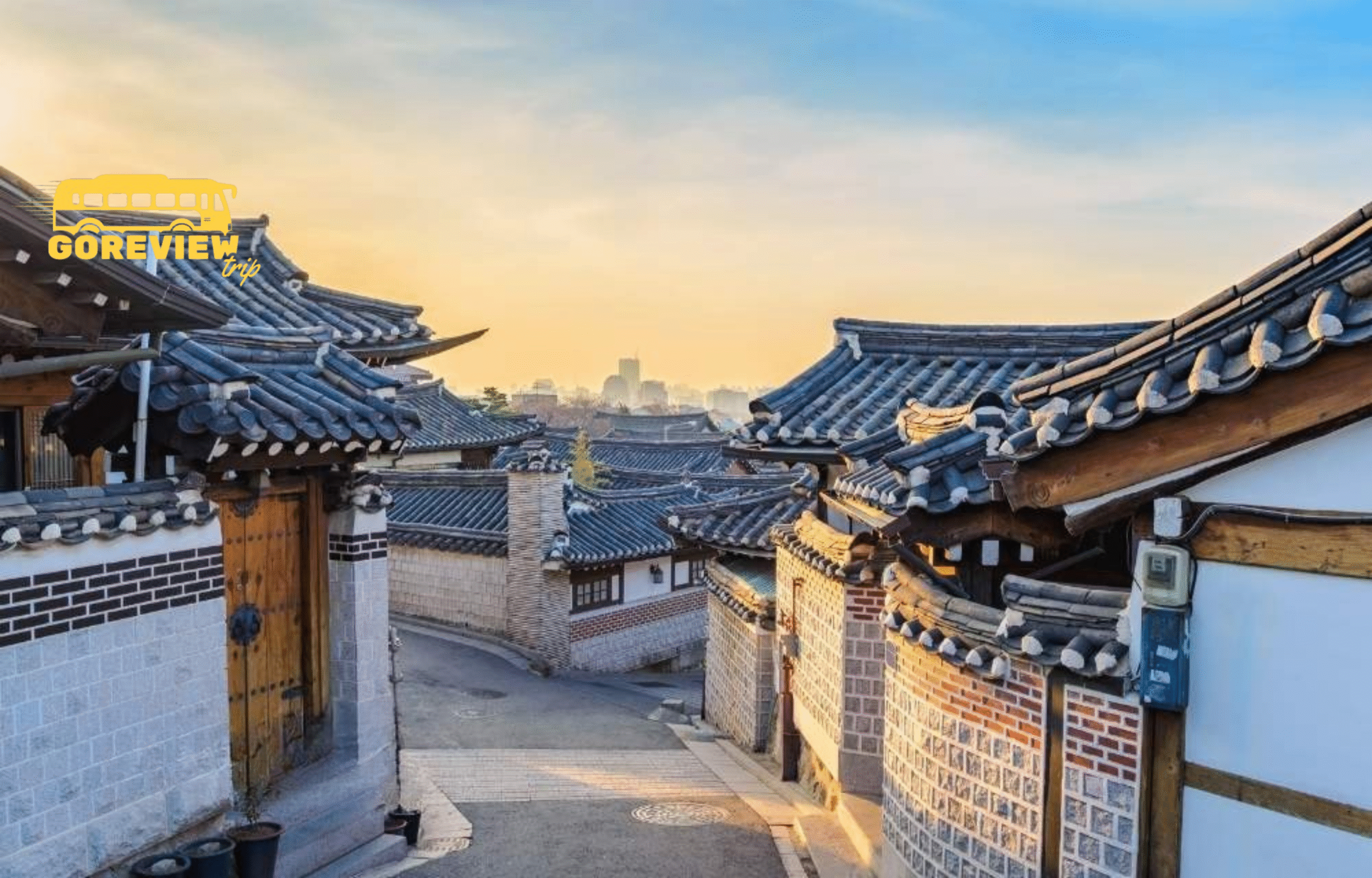
The Process: How a German Gets a North Korean Visa
Despite the grave warnings, Jonas’s deep-seated curiosity pushed him to at least understand the process. He contacted a well-regarded tour operator to learn more. The process they outlined was methodical and, in its own way, surprisingly straightforward, because the tourist has very little to do.
- Choose a Tour: The first step is to select a pre-scheduled group tour from the operator’s website. These tours are often timed to coincide with major national holidays, like the birthday of Kim Il Sung (Day of the Sun) or the Mass Games, offering a chance to see the country’s famous spectacle of synchronized performance art. Private tours can also be arranged, but they are significantly more expensive and still follow the same strict rules.
- Book and Pay: Once a tour is selected, you book it. The tour price is typically all-inclusive: return transport from Beijing (usually by train or plane), accommodation, all meals, entrance fees, and, most importantly, the constant presence of your North Korean guides.
- The Visa Application: This is where the process differs from almost any other country. You don’t go to the embassy yourself. The tour operator handles everything. Jonas simply had to provide a scanned copy of his passport, a digital passport-style photo, and a form detailing his profession. (A note: certain professions, especially journalism and professional photography, are a red flag and usually require a separate, much more scrutinized visa process. Military personnel are also often denied.)
- The Visa Itself: For most tourists, the North Korean visa is not a sticker placed inside their passport. It’s issued on a separate document, a blue “Tourist Card,” which is handed over in Beijing right before departure and collected upon leaving the DPRK. This means there is no physical evidence in your passport that you ever visited the country.
However, the tour operator mentioned a fascinating detail for Germans. Because the DPRK has an embassy in Berlin, it is one of the few nationalities that can request to have the visa issued as a sticker directly in their passport. This would involve a scheduled appointment at the embassy in Berlin to drop off and pick up the passport. For Jonas, the idea of a separate tourist card felt more aligned with the discreet, surreal nature of the trip.
The tour company assured him that visa rejections are rare, provided you are not a journalist or have a sensitive profession. The real vetting happens when they decide to accept your booking. If they let you book, you’re almost certainly in.
Storytelling: A Journey into the Unseen
Let’s step away from the logistics and join Jonas on his journey. After months of deliberation, weighing the risks against his profound desire to understand, he booked a five-day tour.
The Briefing in Beijing
The trip didn’t begin in Pyongyang. It began in a conference room in a Beijing hotel. This was the mandatory pre-tour briefing, a session that was part orientation, part stark warning. The Western tour leader laid out the rules with practiced precision.
“Your guides are your lifeline,” she explained. “You will have two Korean guides and a driver with you at all times. You will not leave the hotel without them. You will not walk down the street on your own. There is no ‘popping out for a coffee.’ This is for your safety and, just as importantly, for their safety.”
Then came the rules about respect. “When you are near a statue or portrait of the Great Leaders, Kim Il Sung and Kim Jong Il, you will be expected to show respect. This means bowing. It is not optional. When you photograph their statues, you must capture the entire statue, from head to toe. No cropped shots, no funny poses. This is the single most important rule. Breaking it is a profound insult.”
The list continued. No bringing in religious texts or books about North Korea. No taking pictures of military personnel, checkpoints, or construction sites. Don’t wander off. Don’t talk to locals unless your guide initiates and facilitates the conversation. “Think of yourselves not as tourists,” the leader concluded, “but as guests in a very traditional and sensitive home. You are here to observe, not to challenge.”
Arrival in Pyongyang
Flying into Pyongyang Sunan International Airport was like flying into a different era. The Air Koryo plane, an older Russian-made Tupolev, felt like a museum piece. The airport itself was modern and eerily quiet. Jonas handed over his passport and blue tourist card. The immigration officer was stern, silent, and efficient.
His phone was inspected. They weren’t looking for photos, but for GPS capability and stored media. He had already wiped it clean of any Western news apps or books about Korea, as advised.
Stepping out of the airport, he was met by his two guides: an older, senior guide named Mr. Kim, and a younger, more approachable guide named Miss Park. From that moment on, they would be his constant companions.
The Curated Reality
The days that followed were a surreal blend of awe-inspiring sights and a deeply unsettling sense of performance. They visited the Mansu Hill Grand Monument, where Jonas stood before the two colossal bronze statues of the leaders and performed the requisite bow. They descended into the Pyongyang Metro, a stunningly ornate system deep beneath the earth, its walls adorned with mosaic murals of socialist triumph. They visited the Juche Tower, symbolizing the state’s ideology of self-reliance, and were taken to a local school where incredibly talented children performed a concert with flawless, almost robotic, precision.
Everything was grand. Everything was clean. Everything was perfect. And that was the problem. There were no cracks in the facade. The streets were wide and largely empty of traffic. The people he saw seemed to be walking with a purpose, but there was no casual loitering, no street vendors, no chaotic energy of a typical city. It felt like a meticulously constructed film set, and he was being led from one scene to the next.
His guides, Mr. Kim and Miss Park, were polite and knowledgeable, reciting facts and figures about every monument. But their answers to his questions were always perfectly aligned with the official narrative.
“Are people free to choose their own jobs?” Jonas asked once, gently.
“Of course,” Mr. Kim replied smoothly. “The state provides everyone with an education and helps them find a position where they can best serve the nation and fulfill their potential.” There was no room for follow-up.
The Ethical Weight: A Tourist’s Dilemma
One evening, back in the tourist-only Yanggakdo International Hotel, situated on an island in the Taedong River, effectively isolating guests from the city, Jonas wrestled with the ethical questions of his trip. He looked out his window at the dark Pyongyang skyline, where only a few monuments and government buildings were brightly lit.
He knew his tour fee—a significant sum in Euros—was paid directly to a state-run enterprise. That money wasn’t going to a local family running a guesthouse; it was going to the regime. He was, in a small but direct way, funding the very government that the Auswärtiges Amt warned about.
Furthermore, his very presence was a propaganda tool. He was a Westerner, a German, coming to see the wonders of the DPRK. His picture might be used in local media as evidence of international admiration for the country. The children who performed for him—were they there for his cultural enrichment, or was he the audience for a state-mandated performance?
This is the unavoidable paradox of North Korean tourism. The desire to see and understand a place is pitted against the knowledge that your visit contributes to a system widely condemned for human rights abuses. There are no easy answers. Some travelers argue that even this highly restricted contact is better than none at all, a tiny crack of light in a sealed room. Others, like many who have visited, later conclude that the experience is so thoroughly manipulated that it’s impossible to have a genuine or ethical exchange, and that the only beneficiary is the regime.
Jonas didn’t find an answer. He just felt the immense weight of the question, a weight that became the most significant souvenir from his journey.
Conclusion: The Answer and the Reflection
So, can Germans travel to North Korea?
The practical answer is yes, under highly restrictive and controlled conditions, and against the strong official advice of the German government. It requires going through a specialized tour operator who will manage every step of the process. As of mid-2025, with borders still in a state of flux after years of closure, even this possibility remains uncertain and subject to sudden change.
But as Jonas’s story shows, the real question is not one of possibility, but of conscience, risk, and responsibility. A trip to the DPRK is not a vacation. It is a profound and deeply unsettling experience. You will see things you will never forget: the scale of the monuments, the discipline of the people, the unsettling perfection of the official story.
You will not, however, see the “real” North Korea. You will see the version of North Korea that it wants you to see. You will have almost no genuine interaction with ordinary people, and you will be under constant surveillance. You will be traveling without the safety net of your government’s support, in a country where the legal system is opaque and the penalties for missteps are severe.
Jonas left North Korea with more questions than answers. He didn’t solve the puzzle of the DPRK, but the trip sharpened his understanding of the world, of ideology, and of the precious nature of the freedoms he enjoyed back home. He doesn’t recommend the trip lightly. In fact, he rarely recommends it at all.
His advice, and mine, is this: Approach this question with the utmost seriousness. Read the Auswärtiges Amt’s travel warning and then read it again. Understand that you are contemplating a journey into a place that operates on a completely different set of rules. It is a trip that will challenge you, disturb you, and stay with you forever. And only you can decide if that is a journey you are willing to take.


